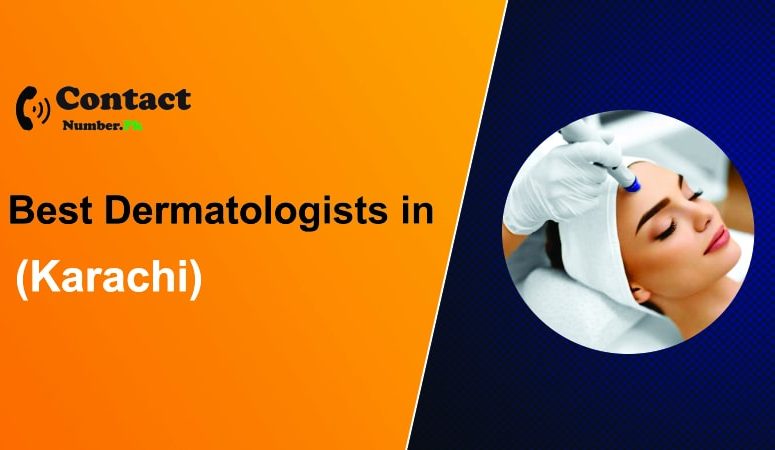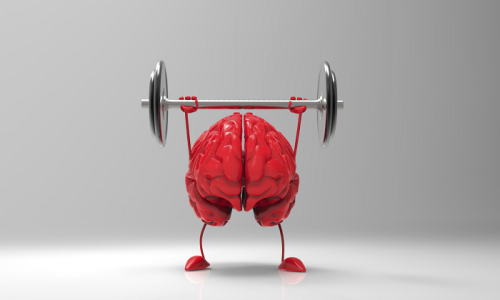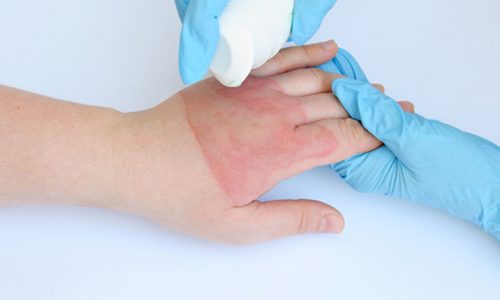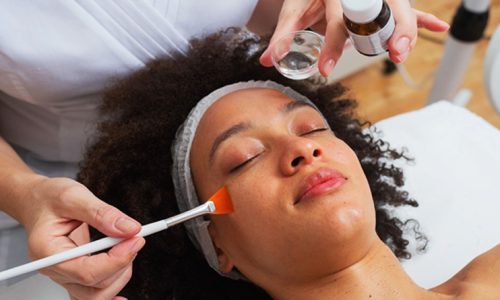
Acne, known as Acne Vulgaris, is a chronic inflammatory condition of the skin that causes pimples and spots on different areas of the body. This mainly includes the face, chest, back, shoulders, and upper arms. It can also include any part of your body. This condition may start at any age but mostly occurs at puberty. This is because sebaceous glands are activated during this time. Sebaceous glands produce oil, mainly mediated by testosterone hormone, and cause acne.
Acne can lead to scarring and spots on the face which causes emotional distress to the person who suffers from it. This condition affects both men and women but men suffer more from this during puberty because of their increased testosterone levels. The Best Dermatologist in Karachi can recommend a treatment for getting rid of acne.
Types of Acne
Acne is of several types and it is important to research different types of acne so that it is easier to understand and treat. Here are the types of acne:
- Whiteheads, which are small and are in the skin.
- Blackheads, which are small black and are visible on the skin.
- Papules, small pink bumps on the skin
- Pustules, a small pink base, and a pus filled white top on the skin
- Nodule, a large solid and painful that are deep in the skin
- Cyst, large, painful, and pus-filled on the skin.
Nodular and cystic acne are severe forms of acne that leave scars behind and require long-term treatment. You must visit a hospital like National Hospital & Medical Centre if your acne is getting worse.
Causes of Acne
Understanding the cause of acne helps you prevent and treat it. Here are some of them:
- Increased oil production (by sebaceous glands)
- Clogged hair follicles by oil and dirt
- Bacteria
- Inflammation
- Hormonal changes like in puberty
- Menstruation
- Polycystic Ovary Syndrome
- Dietary changes including increased consumption of carbs and sugar
- Stress
- Smoking
- Some medication
Symptoms of Acne
Here are the symptoms of acne
- Pimples on your body may be a blackhead, whitehead, nodule, or cyst.
- Swelling and inflammation depending on your pimple
- Pain which also depends on the type of acne
- Discoloration of the skin in case of nodular or cystic acne
- Scar after the acne has resolved
This is mostly found on your face, back, chest, shoulders, or buttocks.
Treatment of Acne
There are many ways to treat acne which include medication or home remedies. Mild acne is sometimes treated with home remedies but acne ranging from moderate to severe acne needs medical attention to stop the cause at its source and to prevent it from causing scarring and more damage to the skin.
Mild Acne: Mild acne can be treated with simple things like changing the cover of your pillow, dietary changes, and switching to cleansers and medicated over-the-counter creams containing ingredients like salicylic acid and benzoyl peroxide in them. This helps to dry the pimple out and to prevent bacterial growth.
Moderate Acne: Moderate acne requires a little more attention than mild acne. While including cleaners, creams, and serums is important, medication may need to be added. This is decided by your doctor. The doctor will recommend an antibiotic course of erythromycin or clindamycin and might add retinol to your routine. It is important to ask your doctor about the proper way to use retinol and to be clear about the duration of using it.
It is important to know that retinol should not be used during pregnancy or 3 months before planning to conceive.
Severe acne: For severe acne, professional intervention is important. The doctor will assess the severity of the acne and will prescribe oral and topical antibiotics and retinol accordingly. Benzoyl peroxide is also prescribed, and oral birth control pills may also be considered.
The most important medication for severe acne is called Accutane which is Vitamin A medication that is only prescribed when no other medication is working.
Acne treatment is a slow and frustrating process but with the right medication and a good skincare routine, it goes away completely.
Conclusion
Acne is a chronic inflammatory skin condition that is characterized by the presence of pimples of various types that leave scars behind. It is heavily influenced by hormonal changes and oil production in the skin. Acne is completely treatable if the right skincare routine and the right medications are taken at the right time.




